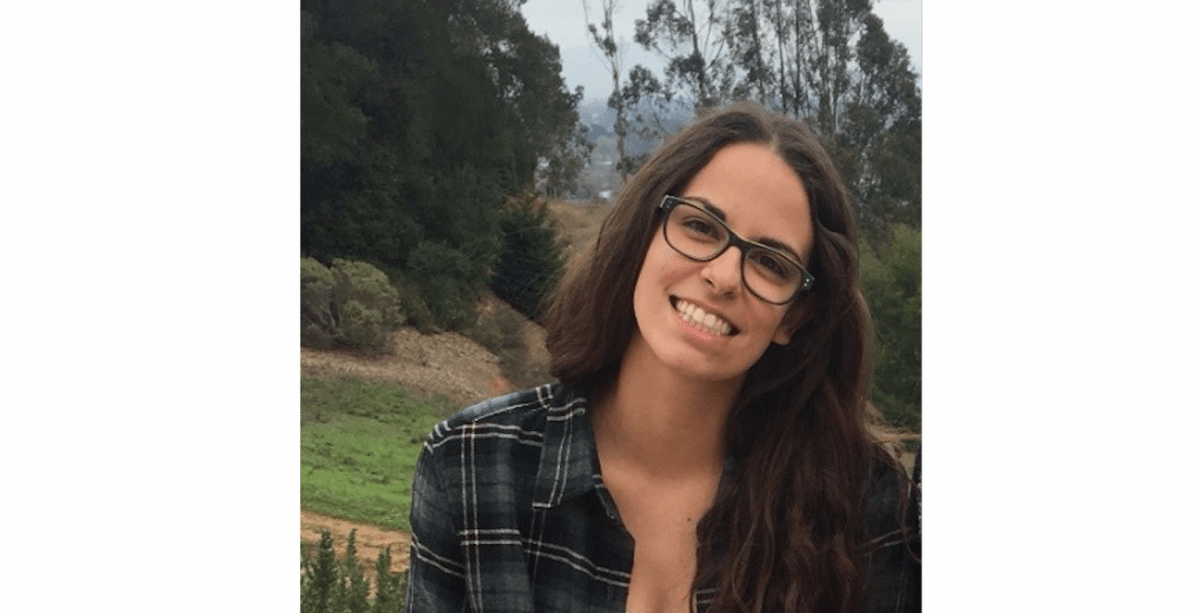K.C. Cheng shares her story and lessons learned from research and freelancing
Where did you grow up and what led you to Dartmouth?
I was born in Pennsylvania, and moved to West Lebanon when I was very little. To many people’s surprise, I hadn’t really considered Dartmouth. I applied to nursing schools but got cold feet at the last moment and went with Dartmouth, which was the only liberal arts college on my list.
I entered intending to major in Engineering* Studio Art; however, I took a leap mid-sophomore year and hopped onto Environmental Studies. Many aspects carried over from my previous major, actually. I introduced the use of visual art (e.g. photography) to my ecological studies; I believe the scientific community needs more open, fluid, and approachable storytelling.
What did you do as an undergrad at Dartmouth?
I did a bunch of things! I wasn’t part of the DOC but went on hikes. I made stuff in the jewelry and woodshop. I volunteered in the community sporadically, dabbled in ushering at the HOP which kept me in the loop about the arts scene, and took pictures at Greek formals.
How did Dartmouth help you excel to where you are today?
I had great mentors along the way. Of many fantastic qualities, honesty is one aspect of their mentorship that I appreciate the most. They laid out, plain and clear, that it’s going to be financially difficult to conduct research right out of undergrad. I chose this path fully knowing the hardships I may face. They prepared me well for the real world, as opposed to many idealistic advisors who give misleading advice such as, “follow your heart!”.
Dartmouth also endows a research grant, for which you may apply up to five years after graduation. I’m very grateful for their support of my unconventional proposal. On the other hand, I wish they were more supportive over a sustained period of time. Photography isn’t just taking a few good snapshots and leaving. You must build connections with the local community. Without continued support, that becomes very difficult.
On a brighter note, my senior fall FSP in South Africa introduced me to pastoralism and land Management. This one was the game changer. These are controversial subjects due to accusations of land mismanagement by non-herders, which paints environmentally innocuous practices very negatively. This experience eventually inspired me to take on my most recent project.
Tell us about this project!
I started my field research in Scandinavian reindeer herding in January of 2018. Reindeer movement is very unique in that they’re half-wild and half-domestic; reindeers roam free while herders assist them.
I reached out to journalists, to which I received no reply. So I directly connected with the Director of World Association of Reindeer Herders and ended up living with them for six weeks.
The ecological dilemma between reindeers and eagles is tangled, nuanced, and multifaceted. From a bird conservation point of view, eagle status is threatened. But eagles also poach reindeer, which is destructive to local livelihood. To make matters even more convoluted, both sides exaggerate numbers to appeal their respective case. Scientists are trying to use numerical forecast models to find a balance.
My photography project documents the tug of war between environmental conservation and human-nature coexistence. The exhibition has been up in the Russo Gallery in Kemeny Hall since May 2019!
Do you see yourself continuing your project, or transitioning to a different research topic / industry?
I would ideally continue this project. I have some research topics filed away for grad school, until I find a sponsoring faculty.
Meanwhile, I’m heading off to Alturas, California, to be Ecological Technician until the end of the year! I will be collecting data on groundwater and soil, facilitating community education on wild horse, and researching the effect of climate on Juniper Berry population growth.
What is your number one bucket list item for Dartmouth students?
Enjoy the unique location, seriously. Gems in nature are just walks away from campus. I especially recommend digital device-free hikes!




